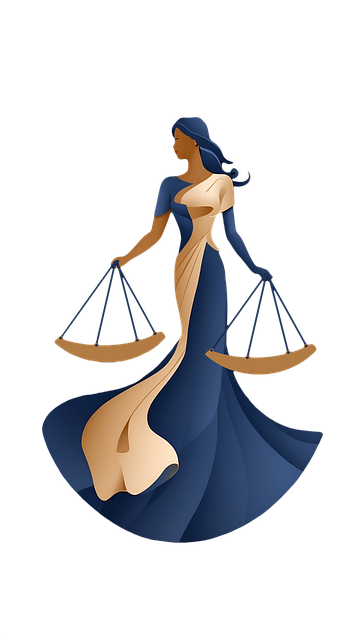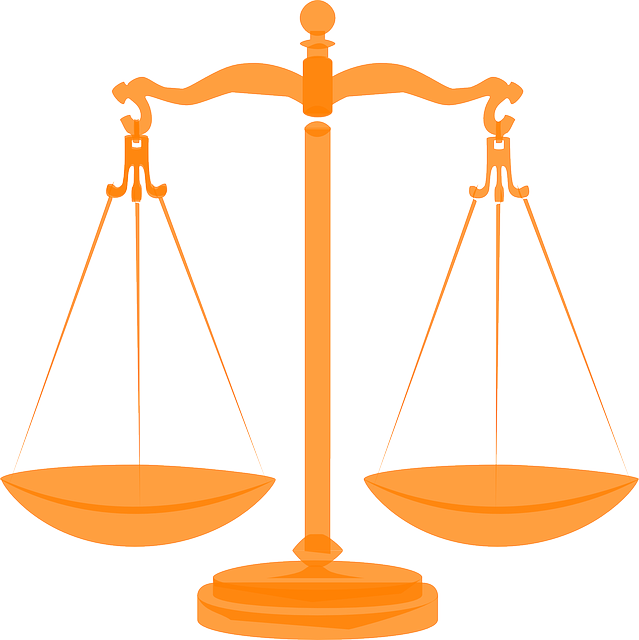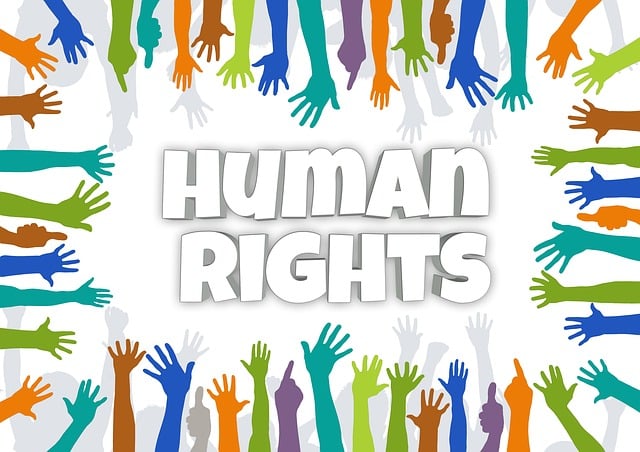Consumer protection laws guard individuals from business practices that are unfair, deceptive or unsafe, focusing on product liability, advertising integrity, pricing transparency, and data privacy. A key enforcement mechanism is the class action lawsuit, where consumers collectively sue companies for shared harm. To qualify, plaintiffs must share common characteristics and demonstrate individual as well as collective damage. These suits hold businesses accountable, empower justice, and can result in substantial monetary compensation. Understanding eligibility requirements and white-collar defense strategies is crucial for navigating these processes.
In today’s complex market, consumer protection suits play a vital role in safeguarding buyers’ rights. This comprehensive guide delves into the intricacies of consumer protection laws and their far-reaching impact. We explore what drives class action lawsuits, dissecting the eligibility criteria for consumers seeking justice. From common fraud types to navigating the legal process post-claim, this article is your roadmap through a crucial aspect of modern law, empowering you with knowledge on Class Action Lawsuit Eligibility Requirements.
- Understanding Consumer Protection Laws and Their Reach
- What Is a Class Action Lawsuit?
- Eligibility Criteria for Consumer Protection Suits
- Common Types of Consumer Fraud and Violations
- Navigating the Process: Steps After Filing a Claim
Understanding Consumer Protection Laws and Their Reach

Consumer protection laws are designed to safeguard individuals from unfair, deceptive, or unsafe practices by businesses. These laws cover a wide range of issues, including product liability, advertising claims, pricing transparency, and data privacy. Understanding the reach and eligibility requirements of consumer protection laws is crucial for both businesses and consumers alike.
Class action lawsuits are a common tool under these laws, allowing groups of consumers to band together to fight against companies engaging in harmful practices. To be eligible for such a lawsuit, plaintiffs typically need to demonstrate that they have suffered harm due to the defendant’s actions, and that this harm is shared by other consumers. This collective action not only provides individual relief but also serves as a deterrent in high-stakes cases, including those involving white-collar defense strategies, ensuring businesses adhere to ethical standards in their operations.
What Is a Class Action Lawsuit?

A Class Action Lawsuit is a powerful legal mechanism where a single individual or group of individuals represents the interests of a larger class of people who have suffered similar harm or losses due to a specific action or conduct by a respective business. Unlike individual lawsuits, which can be time-consuming and costly for each plaintiff, class actions pool these resources together, allowing for a more efficient pursuit of justice. This legal strategy is particularly effective when dealing with complex consumer protection issues, ensuring that all affected parties have a voice in the process.
To be eligible for a Class Action Lawsuit, potential plaintiffs must meet specific criteria. These eligibility requirements often include shared characteristics, such as being customers of the same company or experiencing similar injuries from a common product or service. The respective business is then subject to scrutiny throughout all stages of the investigative and enforcement process, ensuring transparency and accountability for his clients’ benefit.
Eligibility Criteria for Consumer Protection Suits

Consumer Protection Suits are designed to safeguard individuals from unfair business practices and ensure they receive fair treatment in transactions. To be eligible for such legal action, several criteria must be met. Typically, these cases are initiated when a group of consumers collectively suffer harm due to similar instances of deceptive or fraudulent conduct by a business entity. This is where the concept of a Class Action Lawsuit comes into play, offering a powerful mechanism to hold companies accountable.
The eligibility requirements for Consumer Protection Suits often include factors such as the number of affected individuals, the extent of harm, and the commonality of the issues faced. For instance, if a company has engaged in widespread misrepresentation or false advertising targeting numerous consumers, it may trigger class action status. Achieving extraordinary results for his clients, whether corporate or individual, is the goal of attorneys specializing in these cases. By consolidating similar claims into one lawsuit, the process becomes more efficient, and affected parties can collectively seek compensation and justice.
Common Types of Consumer Fraud and Violations

Consumer protection suits often target various forms of fraud and violations that can significantly impact individuals’ financial well-being and trust in businesses. Some common types include false advertising, where companies make misleading or unsubstantiated claims about their products or services; price gouging, where prices are artificially inflated during crises; and identity theft, where personal information is stolen and used without consent. Additionally, Ponzi schemes, which promise high returns with no genuine investment, and fraudulent investments, that offer false promises of substantial gains, fall under this category.
Class action lawsuits play a crucial role in addressing these issues, providing a legal mechanism for consumers to band together and seek collective redress. Eligibility requirements for such lawsuits often involve proving a pattern of deceptive practices by the defendant, as well as individual harm resulting from those practices. The success of these cases can lead to substantial financial compensation for affected consumers and serve as a powerful deterrent against future fraudulent activities, benefitting both the philanthropic and political communities concerned with consumer protection.
Navigating the Process: Steps After Filing a Claim

After filing a consumer protection claim, understanding the subsequent steps is crucial for those considering a class action lawsuit. The process involves several key stages that can lead to significant outcomes. Initially, legal experts will review the case to assess its strength and viability based on the eligibility requirements for such lawsuits. These include factors like the number of potential affected consumers, the uniform nature of the alleged harm, and the amount of damages suffered collectively.
If the case meets these criteria, it progresses towards a critical juncture: jury trials. Here, the evidence presented during court proceedings determines the verdict. A winning challenging defense verdict can result in substantial monetary compensation for the affected consumers, ensuring justice and accountability for the offending party. The white-collar defense strategy often becomes a key focus, as lawyers work tirelessly to build a robust case that protects consumer rights.
Consumer protection suits play a vital role in ensuring businesses uphold their responsibilities to customers. By understanding the laws and eligibility criteria, such as class action lawsuit requirements, individuals can protect themselves against fraudulent practices. Awareness of common consumer fraud types empowers folks to take action and navigate legal processes effectively. Equipped with this knowledge, consumers can hold businesses accountable and seek justice for violations.






